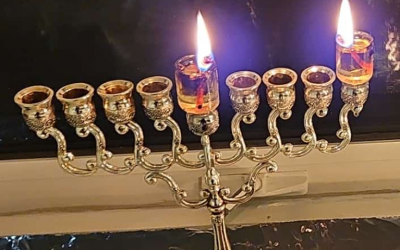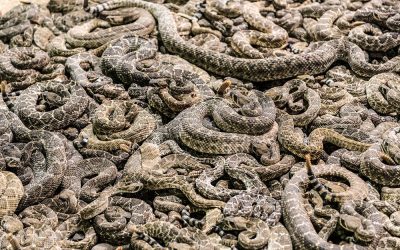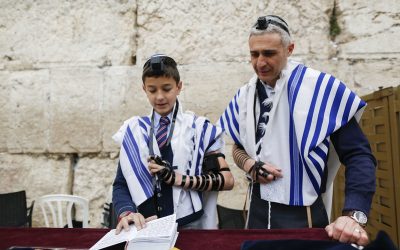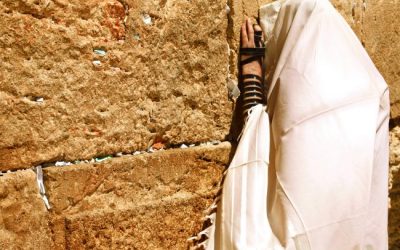The Message of Chanukah
Many believe that Chanukah is about a military battle: the untrained, unprepared small band of Jews defeated the great Greek army, pushed them out of the Holy Temple, and celebrated by lighting the Menorah and eating latkes. Israel even has a whole Maccabiah Games, a...
Filling the Void
We learn in this week's reading that when Yosef had prophetic dreams about ruling over his family, his brothers resented it. Thinking that he was a threat to them and the nation they were to build, they contemplated killing him. Reuven, though, convinced them to throw...
What Really Matters
In our reading, Yaakov is informed that Esav is coming out to meet him with 400 men. Yaakov prepares to face tremendous losses—"And he said, if Esav comes upon one camp and strikes it, the remaining camp will be for a remnant" [32:9]. The Medrash say that Yaakov...
Wellsprings of Truth
"And all the wells that the servants of his father had dug, during the days of Avraham, the Pelishtim had closed them up and filled them with dirt" [26:15]. Yitzchak wanted to use the wells his father's servants had made, but the Pelishtim had gone and filled them in....
Reasonable Repetition
Sometimes, the Torah strikes us as repetitive. We are forced to wonder why the Torah felt it necessary to tell us the same thing twice, and to look more deeply to determine what we learn from the retelling. Nowhere is this more striking than the story of Eliezer going...
Coming to Terms
The Torah tells us that after the birth of Yitzchak, “the child grew and was weaned, and Avraham made a great banquet on the day that Yitzchak was weaned” [Genesis 21:8]. Rashi explains that what made the banquet “great” was the presence of the great men of the...
The Merits of our Forefathers
In our parsha (reading), Hashem tells our forefather, “do not fear, Avram, I will shield you, your reward is very great” [15:1]. And Avram replies in the following verse, “Hashem, what will you give me, and I go childless…” [This was before Avraham and Sarah were...
Happy Yom Kippur
A few days ago, someone wished me a happy holiday. Given that the upcoming holiday is Yom Kippur, the somber, serious, even frightening Day of Atonement, my first, unshared thought was that that wasn’t really the appropriate greeting for the occasion. But I thought...
Torah Cannot Be Secret
When I was in college, there was a woman I knew who was Jewish, but who never participated in Jewish activities. She told me at one point that on Yom Kippur, her father would go into his study, close the door, and read, or whatever else it might be that he did. He...
A World Created for Me
"In compensation for your failure to [lit. that you did not] serve HaShem your G-d with joy and with happiness of heart, from an abundance of all.” [Deut. 28:47] There are terrible calamities prophesied in this week’s reading. The Torah tells us why these tragedies...
Fund the Police
One of the most cited phrases in the Torah is found in the first sentences of this week’s reading: “justice, justice shall you pursue” [Deut. 16:20]. But this is not, despite what you may have read elsewhere, a license for each individual to elevate his or her own...
Commander and Commanded
In this week’s reading, we find the second, longest paragraph of the Shema [Deut. 11:13-21], the daily reading in which Jews commit to follow G-d and His Commandments. The first section, with Shema itself [6:5-9], was part of our reading last week. The Mishnah...














